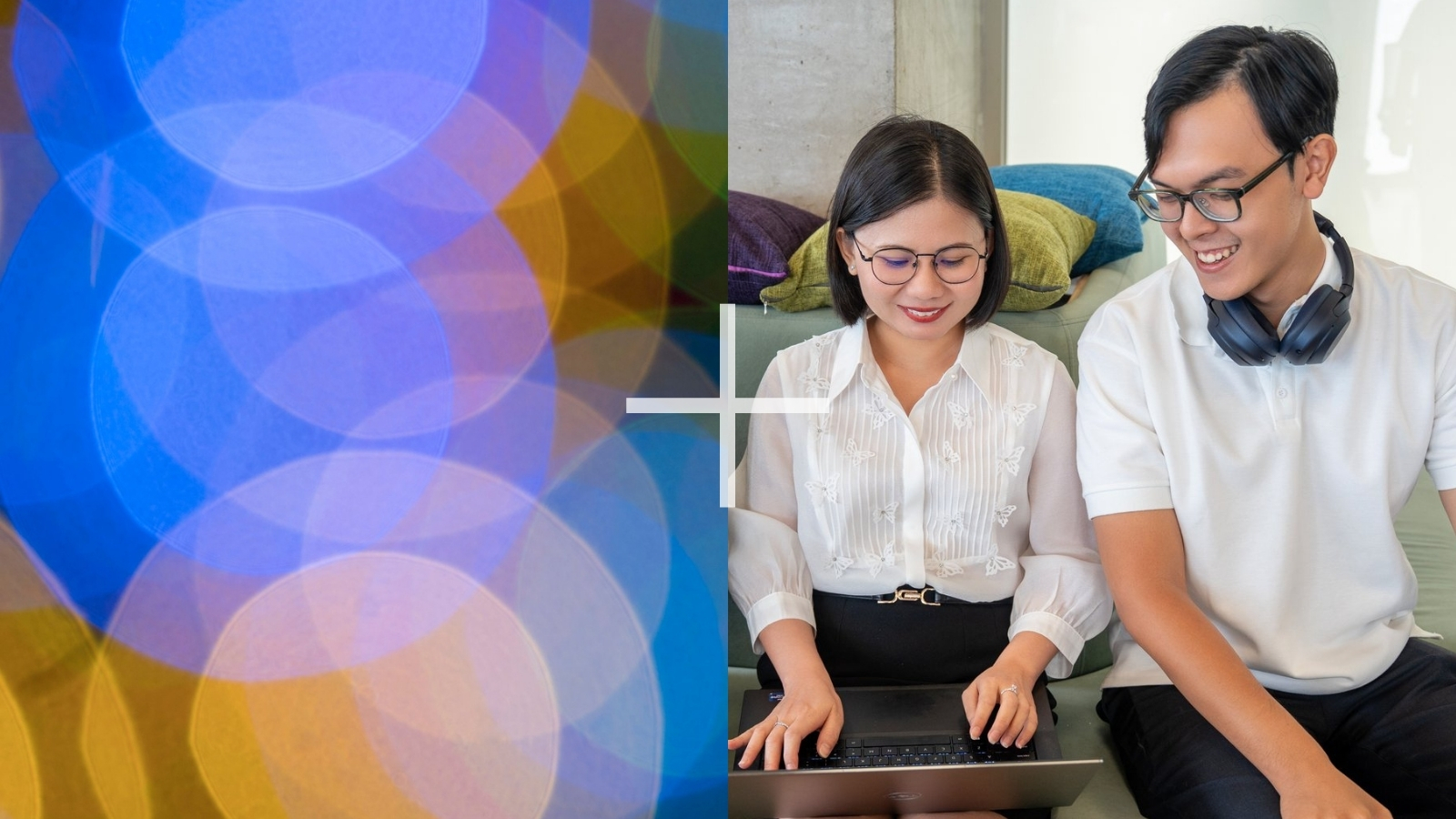The fundamentals of medical devices
Working in the medical industry is exciting because it is a fast-developing field. When we look at its history, we can see that it gets exponentially more complex each year.
Since it is a broad subject, here are some important things to note:
1. This is a multidisciplinary field that connects technology to the physical world. Besides combining knowledge from different domains, you also have an impact on the lives of others.
2. Working on medical devices requires you to be very thorough with your work and seek perfection.
3. There are regulatory bodies in place, and they are there to make sure that the products are safe.
What challenges can you face?
Working on medical projects comes with a sense of purpose, but it also comes with some challenges.
You must consider the whole development process – from start to finish. You're trying to envision how the system will be developed in a few years’ time.
Development includes a lot of designing, architecting, planning and constructing without always having all the details, so it can be a hard but exciting problem to solve.
You try to think of everything at once since it is a complicated process and medical devices can be complex systems. But the good thing is that you are constantly communicating with the client, with the development team, with requirement engineers, with user experience teams, with mechanical... basically with everybody. Communication is very important - you all have a common goal: to come to a better understanding of how you will solve the problem.
Is accuracy more essential than speed?
In today’s world, people want to see results immediately but, in this field that is not necessarily so.
It takes years of hard work to develop a medical device!
There are quite a few things that have an influence on the lead time of medical device development. For example, there is a difference between building pure software systems and systems with a hardware component. Software may be more easily accessible, but when you build hardware devices then it really takes years.
There have been examples where a software product can be delivered in several months, such as the tool built by the NHS - the COVID-19 tracking app. Until that was done it was almost unheard of to speed up the time to market to such an extent. A lot of effort was put in from a huge number of people to shorten the development time and the whole regulatory process.
How to broaden your views?
When working in the medical industry, you are surrounded by a huge team, and you all have a common goal. You are constantly learning so many new things: from requirements to risk analysis to architectures and management.
But it doesn't really matter in which field you work – it's important to read and to observe what others are doing. If you get the opportunity to be in a position to devote some time to experiment and try out new things, then you should take full advantage of it.
I’ve recently been reading a lot about applying Machine Learning in a medical context, since there are a lot of issues that it can solve. Surely, this discipline brings a lot of challenges, but we should see it like this: the greater the challenge, the more interesting it automatically becomes.
Can Machine Learning replace doctors?
Machine Learning is good when it comes to solving a limited set of problems. If you have a problem with a lot of noisy data, Machine Learning might not help that much.
There is a huge problem with providing good data as well. The Turing Institute in the UK made an analysis of COVID 19 diagnostic Machine Learning algorithms. They found out that the majority of the tools that came out in the past two years were not good at successfully predicting and diagnosing COVID-19 mostly due to a lack of good data. So if we manage to solve the problem of clean data, then a lot of tools may be developed with Machine Learning for all kinds of medical purposes. I’m optimistic in that regard.
There are some algorithms developed by Google that can have at least as good accuracy as a physician in, for example, detecting diabetic retinopathy or for some cancer screenings. These are algorithms that deal with image recognition and ML is well suited for that.
The consensus for now is that Machine Learning is not going to replace doctors. At least not anytime soon.

Vanya Valkova
Senior Java Engineer
With a background in Multimedia Computing and a radar technology startup, Vanya joined Zühlke in 2020. She is a senior Java engineer, currently involved in the medical sector. Vanya is excited about projects that have a hardware component and is interested in architectures and bringing structure to complex systems.




